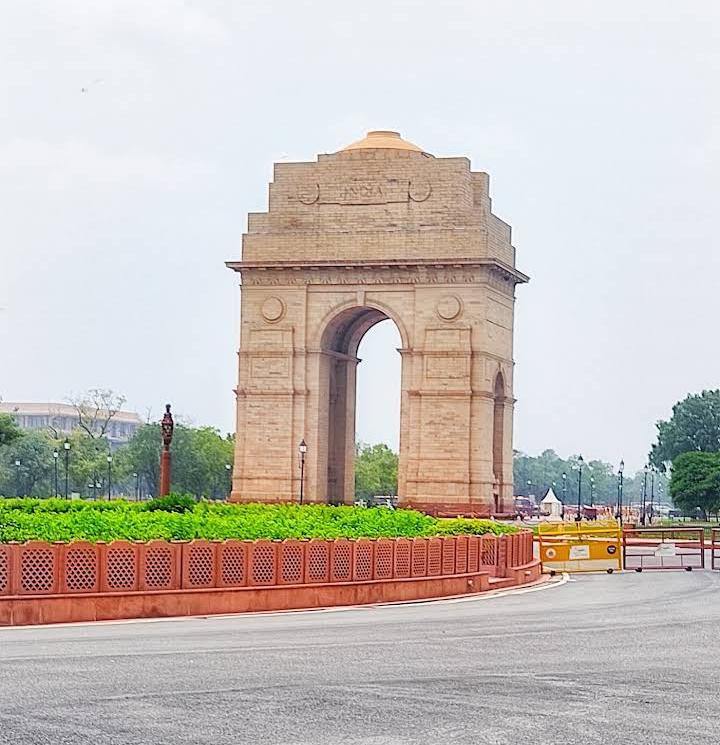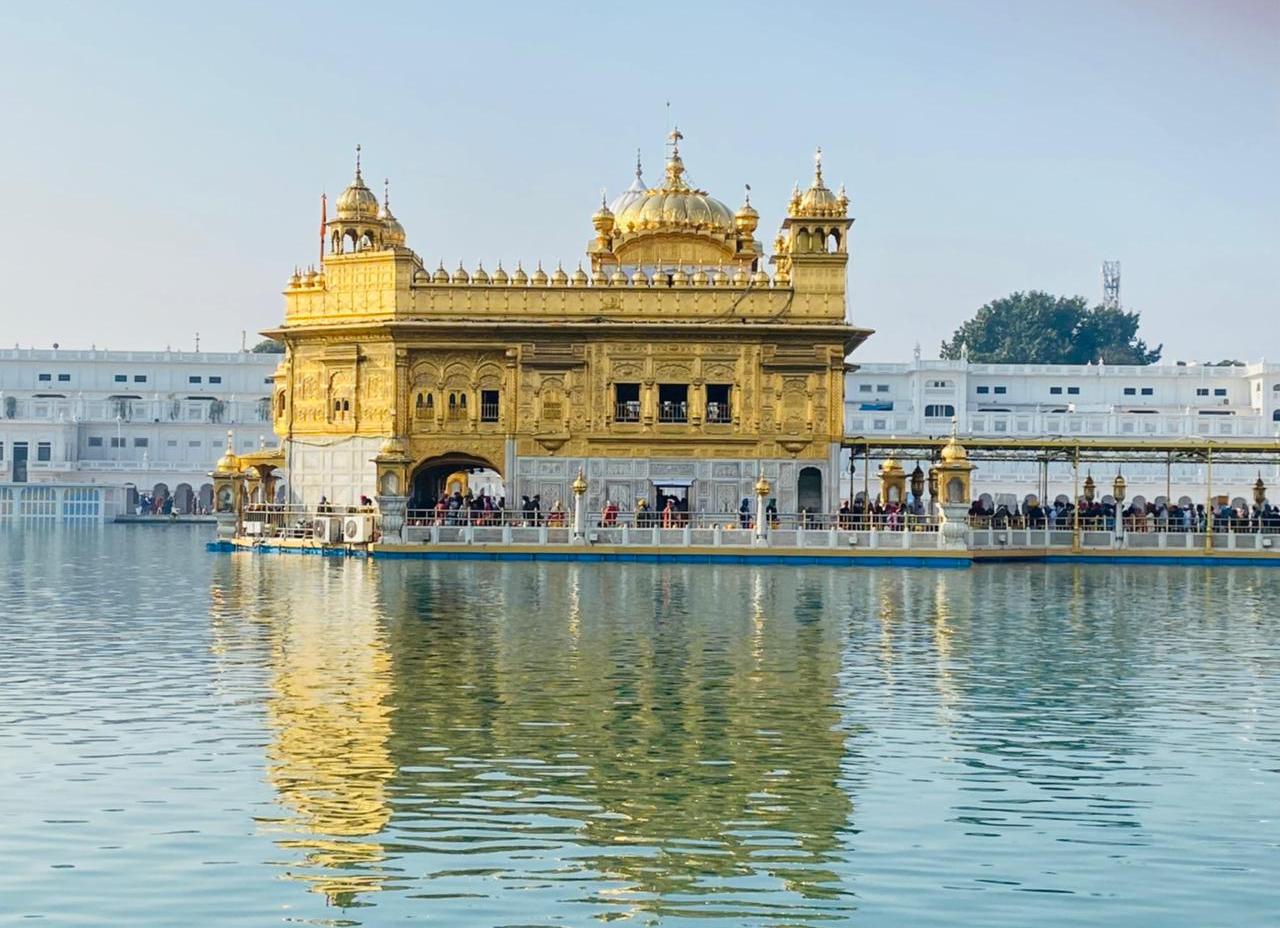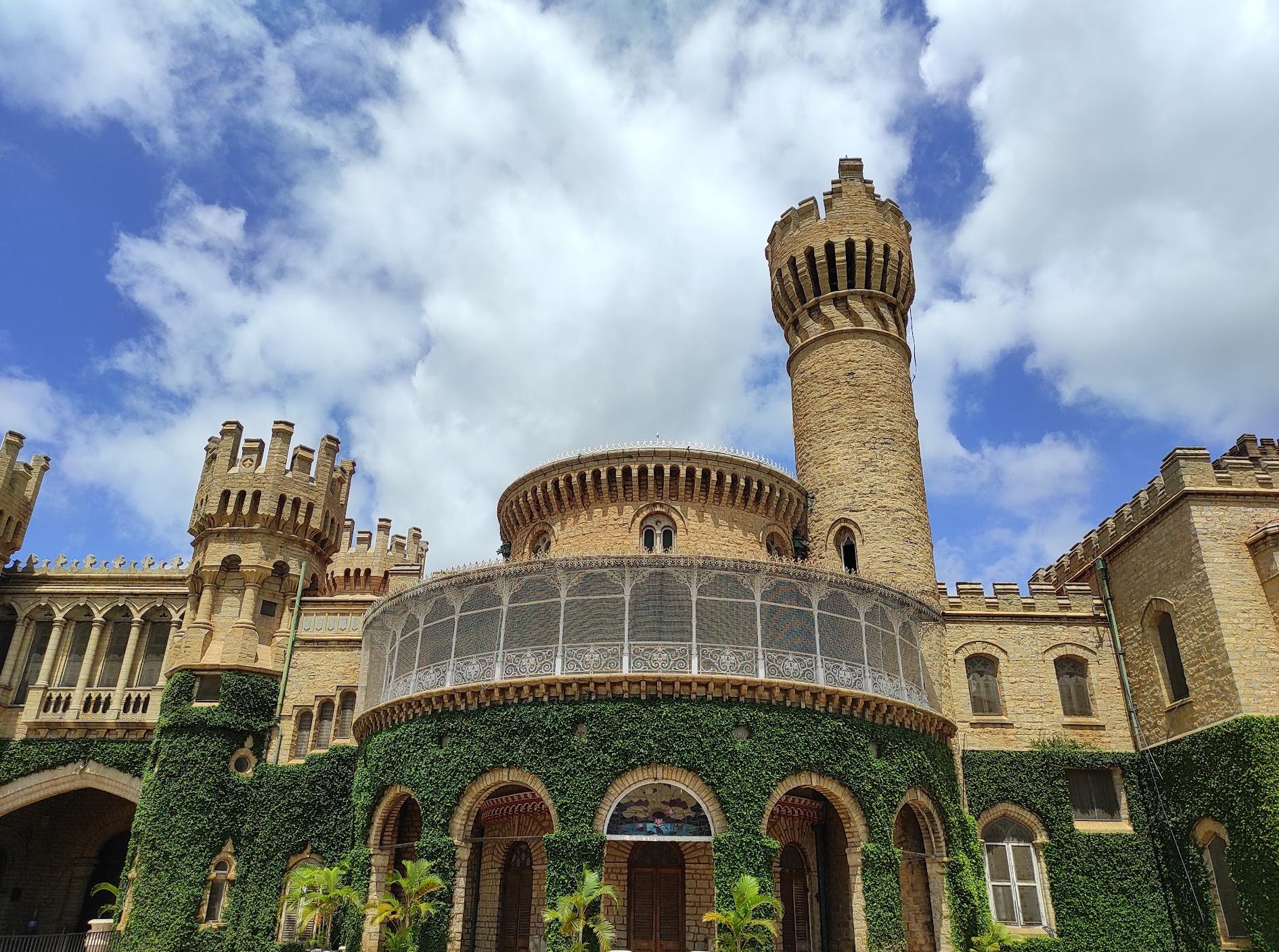
Dating to the mid-1st century, these Hindu & Buddhist cave temples feature intricate carvings.
Photos
There are no photos for this place yet!
Reviews — 8

I would like to give 3 star. Worshipping Place can be better and more clean. I can see " gutka " ie Vimal I don't understand why there's so security to check what all people carrying inside.

Open 365 days
No tickets,
Protected by ASI.
Location nearby Jogeshwari East Metro st.
No parking its good to drop your car nearby at parking area and go walk or hire auto is best becoz to reach main enterance through narrow lane.
There are 2 enterance. East is main with Ganesh ji and one on West side.
4 hindu temples inside
Shri Jogeshwari Devi few priest/ pujaris was there, they do family poojas.
Shiva temple in one cave, Ganesh ji & Hanumanji statues in different places.
Guru dutt shrine on top inside small chamber its enterance is from main enterance byside through top rock terrace side.
Nearest another cave is Mahakali its appx 3.1 km use jogeshwari - vikroli link road. Note: ticket available there is only online Rs 20/-
No tickets,
Protected by ASI.
Location nearby Jogeshwari East Metro st.
No parking its good to drop your car nearby at parking area and go walk or hire auto is best becoz to reach main enterance through narrow lane.
There are 2 enterance. East is main with Ganesh ji and one on West side.
4 hindu temples inside
Shri Jogeshwari Devi few priest/ pujaris was there, they do family poojas.
Shiva temple in one cave, Ganesh ji & Hanumanji statues in different places.
Guru dutt shrine on top inside small chamber its enterance is from main enterance byside through top rock terrace side.
Nearest another cave is Mahakali its appx 3.1 km use jogeshwari - vikroli link road. Note: ticket available there is only online Rs 20/-

1500 years oldest Hindu cave temple. The government should not allow illegal construction around and above Leni.

The caves are located just at a 5-10 min from the Jogeshwari railway station. The caves are opened till 19:00 hrs or 7 PM in the evening.
There is no ticket for entry, the caves are located in middle of a settlement. So ask the people the way up once you get done with the Auto.
The caves has carved pillars and has Hindu-Buddhist figurines. There are several deities in the caves like the presiding deity — Maa Jogeshwari along with Shiva , Vinayak( Ganapati) as well.
There is no ticket for entry, the caves are located in middle of a settlement. So ask the people the way up once you get done with the Auto.
The caves has carved pillars and has Hindu-Buddhist figurines. There are several deities in the caves like the presiding deity — Maa Jogeshwari along with Shiva , Vinayak( Ganapati) as well.

Jogeshwari Caves is the best caves I have ever seen there is lots of things to learn You can see cool carvings and statues inside that people made a really long time ago. It's like stepping into a time machine! But sometimes, the caves need some fixing up to keep them nice. Still, it's a neat place to visit if you like old stuff and history.

1. Historical Period:
- Believed to date back to the 6th century, these caves are remnants of ancient Indian rock-cut architecture.
2. Location:
- Situated in the Jogeshwari suburb of Mumbai, the caves are easily accessible by road.
3. Architectural Style:
- Reflecting Buddhist influence, the caves exhibit intricate carvings and sculptures showcasing a blend of Indian and Western Indian styles.
4. Cave Structures:
- The caves are divided into three main sections: the larger cave (Cave 1) dedicated to Lord Shiva, a smaller cave (Cave 2), and a water tank.
5. Lord Shiva Temple:
- Cave 1 serves as a Hindu temple dedicated to Lord Shiva, featuring a linga and carvings depicting various mythological scenes.
6. Buddhist Caves:
- While Cave 1 is primarily Hindu, the overall complex shows evidence of Buddhist influence, suggesting multiple phases of construction and religious use.
7. Sculptures and Carvings:
- The caves are adorned with intricate carvings, including figures of animals, humans, and mythological deities, showcasing the artistic and religious nuances of the time.
8. Historical Significance:
- These caves provide insights into the historical and cultural evolution of the region, representing the coexistence of multiple religions in ancient India.
9. Accessibility:
- Being in close proximity to Mumbai, the Jogeshwari Caves are easily accessible for both locals and tourists interested in exploring historical and archaeological sites.
10. Preservation Efforts:
- Over the years, efforts have been made to preserve and maintain these ancient caves, ensuring their cultural and historical significance endures.
- Believed to date back to the 6th century, these caves are remnants of ancient Indian rock-cut architecture.
2. Location:
- Situated in the Jogeshwari suburb of Mumbai, the caves are easily accessible by road.
3. Architectural Style:
- Reflecting Buddhist influence, the caves exhibit intricate carvings and sculptures showcasing a blend of Indian and Western Indian styles.
4. Cave Structures:
- The caves are divided into three main sections: the larger cave (Cave 1) dedicated to Lord Shiva, a smaller cave (Cave 2), and a water tank.
5. Lord Shiva Temple:
- Cave 1 serves as a Hindu temple dedicated to Lord Shiva, featuring a linga and carvings depicting various mythological scenes.
6. Buddhist Caves:
- While Cave 1 is primarily Hindu, the overall complex shows evidence of Buddhist influence, suggesting multiple phases of construction and religious use.
7. Sculptures and Carvings:
- The caves are adorned with intricate carvings, including figures of animals, humans, and mythological deities, showcasing the artistic and religious nuances of the time.
8. Historical Significance:
- These caves provide insights into the historical and cultural evolution of the region, representing the coexistence of multiple religions in ancient India.
9. Accessibility:
- Being in close proximity to Mumbai, the Jogeshwari Caves are easily accessible for both locals and tourists interested in exploring historical and archaeological sites.
10. Preservation Efforts:
- Over the years, efforts have been made to preserve and maintain these ancient caves, ensuring their cultural and historical significance endures.

Jogeshwari Caves is one of the most fascinating places I have visited in recent times.
You can see the cravings on stone our history.
The only thing I didn't like was that the caves were not much maintained instead of being under the government of India undertaking.
There were major areas of improvement.
We visited in the morning, and were lucky enough to have Aarti of both Jogeshwari Devi and Mahadev.
The best time to visit is in the morning because then the sunrays make the morning more magnificent.
You can see the cravings on stone our history.
The only thing I didn't like was that the caves were not much maintained instead of being under the government of India undertaking.
There were major areas of improvement.
We visited in the morning, and were lucky enough to have Aarti of both Jogeshwari Devi and Mahadev.
The best time to visit is in the morning because then the sunrays make the morning more magnificent.









